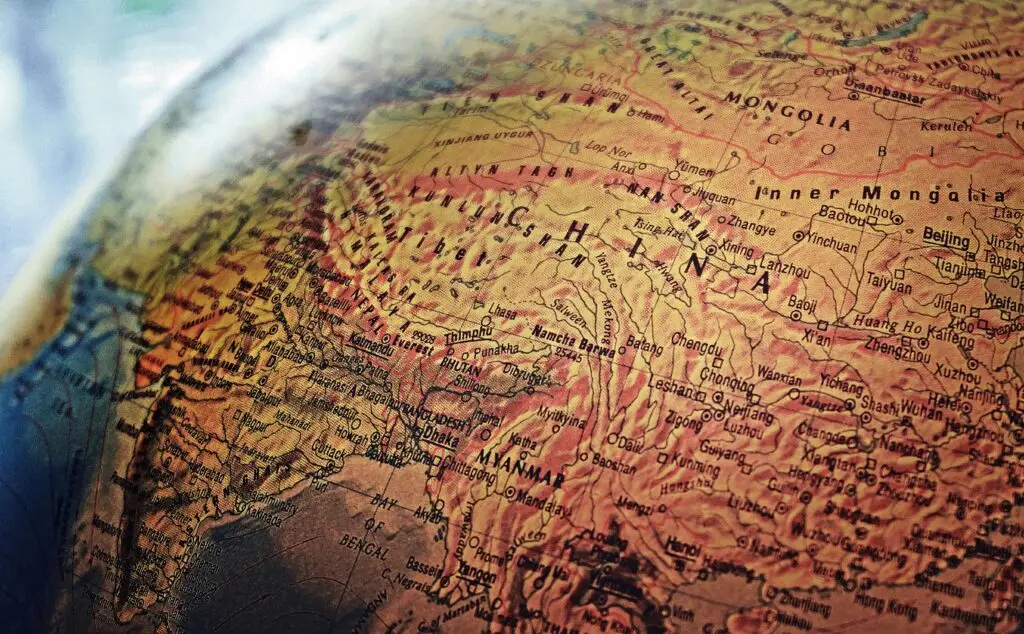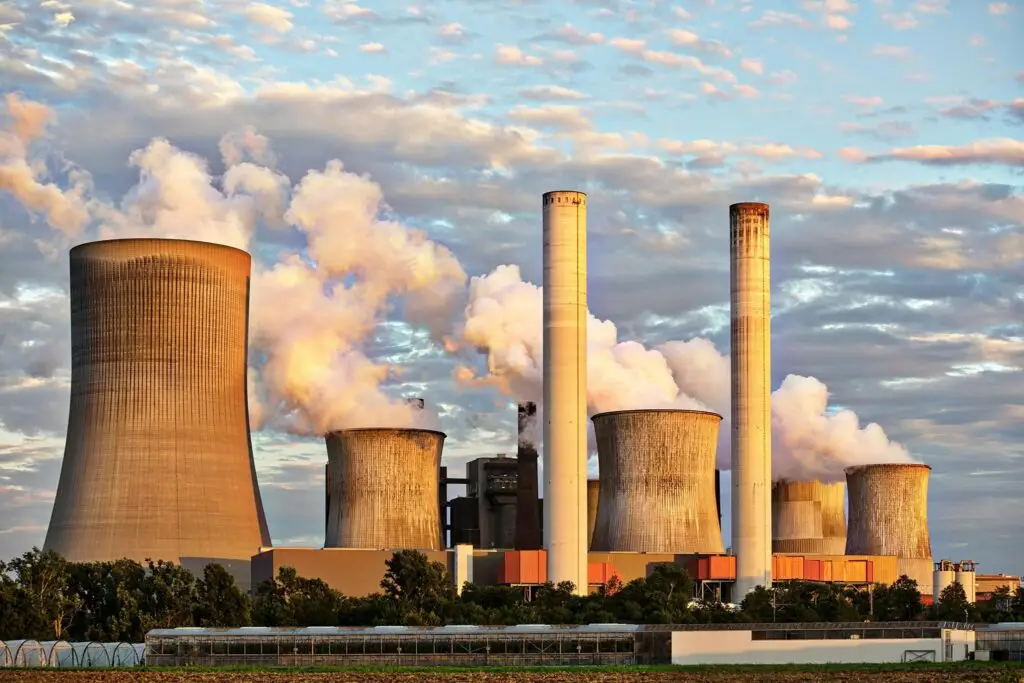MASTER OF POLITICAL SCIENCE | FIRST YEAR | INDIA AND THE WORLD | MPSE-001
ANSWER:
The South Asian Association for Regional Cooperation (SAARC) is a regional intergovernmental organization established in 1985 to promote regional cooperation and development in South Asia. SAARC consists of eight member states in the South Asian region, making it a significant platform for fostering cooperation and addressing common challenges in the region. Here, we’ll explore SAARC’s role, objectives, achievements, and challenges it faces:
Objectives of SAARC :
SAARC was founded with several key objectives in mind:
1. Promotion of Regional Cooperation : SAARC aims to foster cooperation among its member states in various fields, including trade, economy, culture, and technology.
2. Poverty Alleviation : One of SAARC’s primary goals is to address the issue of poverty in the South Asian region through coordinated efforts in areas such as agriculture, rural development, and social services.
3. Economic Integration : SAARC seeks to promote economic integration in the region, including the development of a South Asian Free Trade Area (SAFTA) to facilitate trade among member states.
4. Promotion of Science and Technology : The organization encourages the exchange of knowledge and expertise in science and technology to boost development and innovation.
5. Cultural and Social Ties : SAARC promotes cultural exchange and people-to-people contact to strengthen cultural and social ties among member countries.
Role and Activities of SAARC :
1. Economic Cooperation : SAARC has made efforts to enhance economic cooperation among member states. The South Asian Free Trade Area (SAFTA) agreement is one such initiative aimed at reducing trade barriers and promoting regional trade.
2. Social Development : SAARC focuses on social development by implementing programs in areas like healthcare, education, and poverty alleviation. The organization runs various projects to improve the quality of life in the region.
3. Humanitarian Assistance : SAARC has been involved in providing humanitarian assistance and disaster relief coordination among member states. The South Asian Disaster Management Center (SADMC) is an important component in this regard.
4. Cultural Exchange : SAARC promotes cultural exchange through initiatives like the SAARC Cultural Center and various cultural festivals and events. These efforts help foster better understanding and appreciation of the diverse cultures within the region.
5. Technical Cooperation : The organization facilitates technical cooperation in various sectors, such as agriculture, health, and education, through training programs, workshops, and knowledge-sharing initiatives.
Achievements of SAARC :
SAARC has made some notable achievements since its establishment:
1. SAFTA Implementation : The South Asian Free Trade Area (SAFTA) has been partially implemented, resulting in reduced tariffs and increased intra-regional trade.
2. Collaborative Projects : SAARC has successfully carried out collaborative projects in sectors like agriculture, rural development, and health, improving the livelihoods of people in the region.
3. Cultural Exchange : Cultural exchanges and events have helped member states appreciate and respect each other’s cultural diversity.
4. Disaster Management : SAARC’s initiatives in disaster management and relief coordination have been valuable during natural disasters.
5. Regional Forums : SAARC provides a platform for leaders to discuss and address regional challenges, fostering diplomatic dialogue and cooperation.
Challenges and Criticisms :
Despite its objectives and achievements, SAARC faces several challenges:
1. Political Tensions : Political disputes and conflicts among member states, particularly between India and Pakistan, have hindered progress and collaboration within the organization.
2. Bilateralism vs. Multilateralism : Some member states prefer bilateral engagements over multilateral cooperation through SAARC, which can dilute the organization’s effectiveness.
3. Economic Disparities : Economic disparities among member states make it challenging to achieve balanced economic integration.
4. Security Concerns : Security issues in the region, such as terrorism and border disputes, have strained relations and hindered cooperation.
5. Limited Progress : Progress in areas like SAFTA and economic integration has been slower than envisioned, primarily due to various trade barriers and non-tariff barriers.
6. Lack of a Permanent Secretariat : SAARC does not have a permanent secretariat, which affects its administrative efficiency.
7. Lack of Regional Trust : Building trust among member states remains a significant challenge, particularly given historical and geopolitical tensions.
In conclusion, SAARC plays a crucial role in promoting regional cooperation and addressing common challenges in South Asia. It has achieved notable progress in several areas, including trade, cultural exchange, and disaster management. However, the organization faces persistent challenges related to political tensions, economic disparities, and security concerns. For SAARC to reach its full potential, member states must work together to overcome these obstacles and strengthen regional cooperation in pursuit of shared goals.



